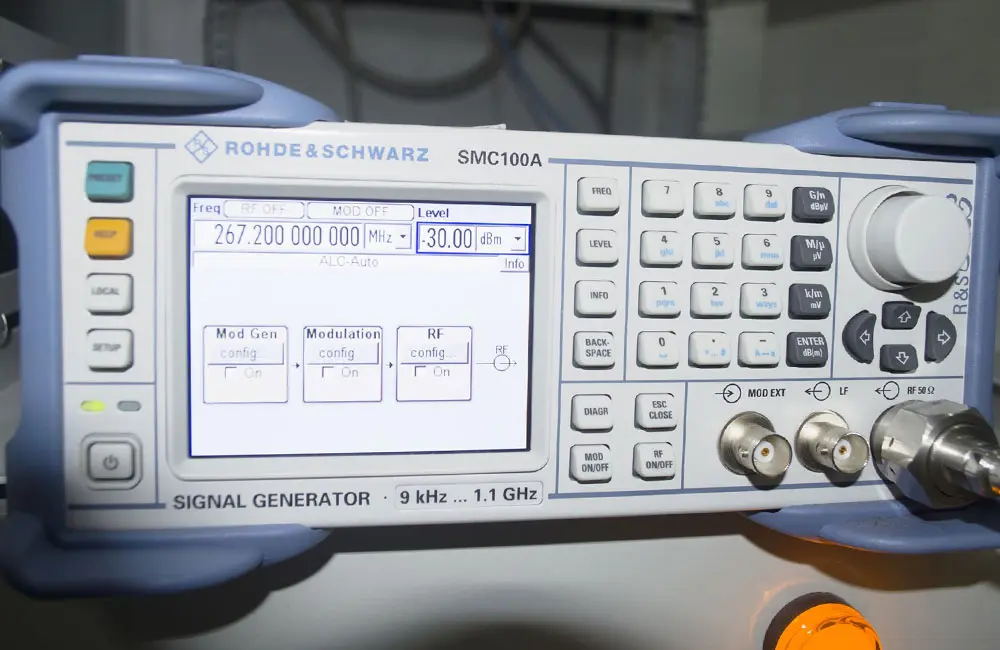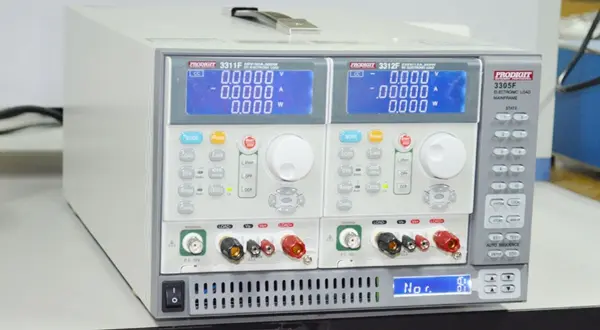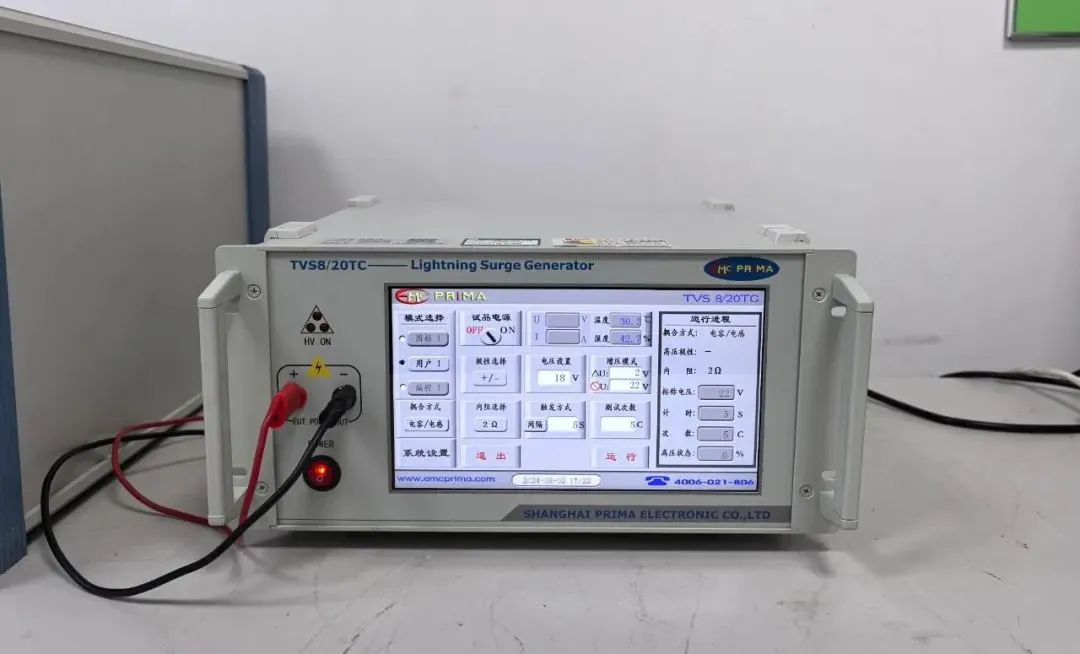
What is the EN 300328 Testing Standard?
Introduction to EN 300328 Standard
EN 300328 applies to devices operating in the 2.4 GHz ISM band and using broadband digital transmission, including common products like wireless local area networks (WLAN), Bluetooth, and ZigBee. Given the large number of radio devices operating in this frequency range, EN 300328 provides specifications for such products to ensure that they do not interfere with each other or pose a risk to human health. It also sets clearer requirements for the minimum performance of wireless receivers to enhance the utilization of the wireless spectrum.

EN 300328 is in accordance with the Radio Equipment Directive (RED, 2014/53/EU) for CE certification of radio equipment. It applies to broadband data transmission devices and describes spectrum access requirements to facilitate spectrum sharing with other devices. The service frequency band for radio equipment under this standard is as follows:
- Transmission: 400 MHz to 2,483.5 MHz
- Reception: 400 MHz to 2,483.5 MHz.
EN 300328 Testing applies to many radio devices we use in daily life.
EN 300328 does not cover radio devices that use ULtra-wideband (UWB) technology.
Broadband data transmission devices are divided into two categories:
1. FHSS devices
2. Non-FHSS devices
EN 300328 covers:
1. Adaptive devices
2. Non-adaptive devices
Three receiver categories are defined:
- Receiver Category 1: Adaptive devices with a maximum RF output power greater than 10 dBm eirp.
- Receiver Category 2: Non-adaptive devices with a medium utilization (MU) greater than 1% but less than or equal to 10% (regardless of maximum RF output power); devices with a maximum RF output power greater than 0 dBm eirp and less than or equal to 10 dBm eirp (either adaptive or non-adaptive).
- Receiver Category 3: Non-adaptive devices with a maximum medium utilization (MU) factor of 1% (regardless of maximum RF output power); devices with a maximum RF output power of 0 dBm eirp (either adaptive or non-adaptive).
After specifying the device category, measurements and tests are applied to the equipment under test (EUT).
Requirements for Frequency-Hopping Spread Spectrum (FHSS) Devices:
- RF output power
- Duty cycle, Tx sequence, Tx gaps
- Cumulative transmission time, frequency occupancy, and hopping sequence
- Frequency hopping separation
- Medium utilization (MU) factor
- Adaptability (adaptive FHSS)
- Occupied channel bandwidth
- Out-of-band emissions
- Spurious emissions in the harmonic domain
- Receiver spurious emissions
- Receiver blocking
- Geolocation capabilities
Requirements for Other Types of Broadband Data Transmission Devices (Non-FHSS):
- RF output power
- Power spectral density
- Duty cycle, Tx sequence, Tx gaps
- Medium utilization (MU) factor
- Adaptability (non-FHSS)
- Occupied channel bandwidth
- Out-of-band emissions
- Spurious emissions in the harmonic domain
- Receiver spurious emissions
- Receiver blocking
- Geolocation capabilities
China JJR Laboratory provides radio testing and certification services for radio equipment. Our testing services are specifically tailored to your needs. These can include pre-compliance and engineering testing, as well as certified or fully compliant testing.
Email:hello@jjrlab.com
Write your message here and send it to us
 What is IEC 62052 for Electrical Energy Measuring
What is IEC 62052 for Electrical Energy Measuring
 Australia LoRa Band 915-928 MHz RCM Compliance
Australia LoRa Band 915-928 MHz RCM Compliance
 What Are the Compliance Certifications for VHF Pro
What Are the Compliance Certifications for VHF Pro
 Which Products Require WERCS Registration?
Which Products Require WERCS Registration?
 Dustproof and Waterproof Ratings IP 54 / IP65 / IP
Dustproof and Waterproof Ratings IP 54 / IP65 / IP
 SAR Standard Testing under the EU CE-RED Directive
SAR Standard Testing under the EU CE-RED Directive
 Differences Between the Three EU Directives: LVD,
Differences Between the Three EU Directives: LVD,
 How to get CE Marking Certification?
How to get CE Marking Certification?
Leave us a message
24-hour online customer service at any time to respond, so that you worry!




